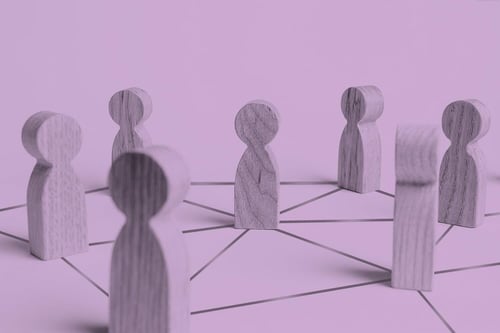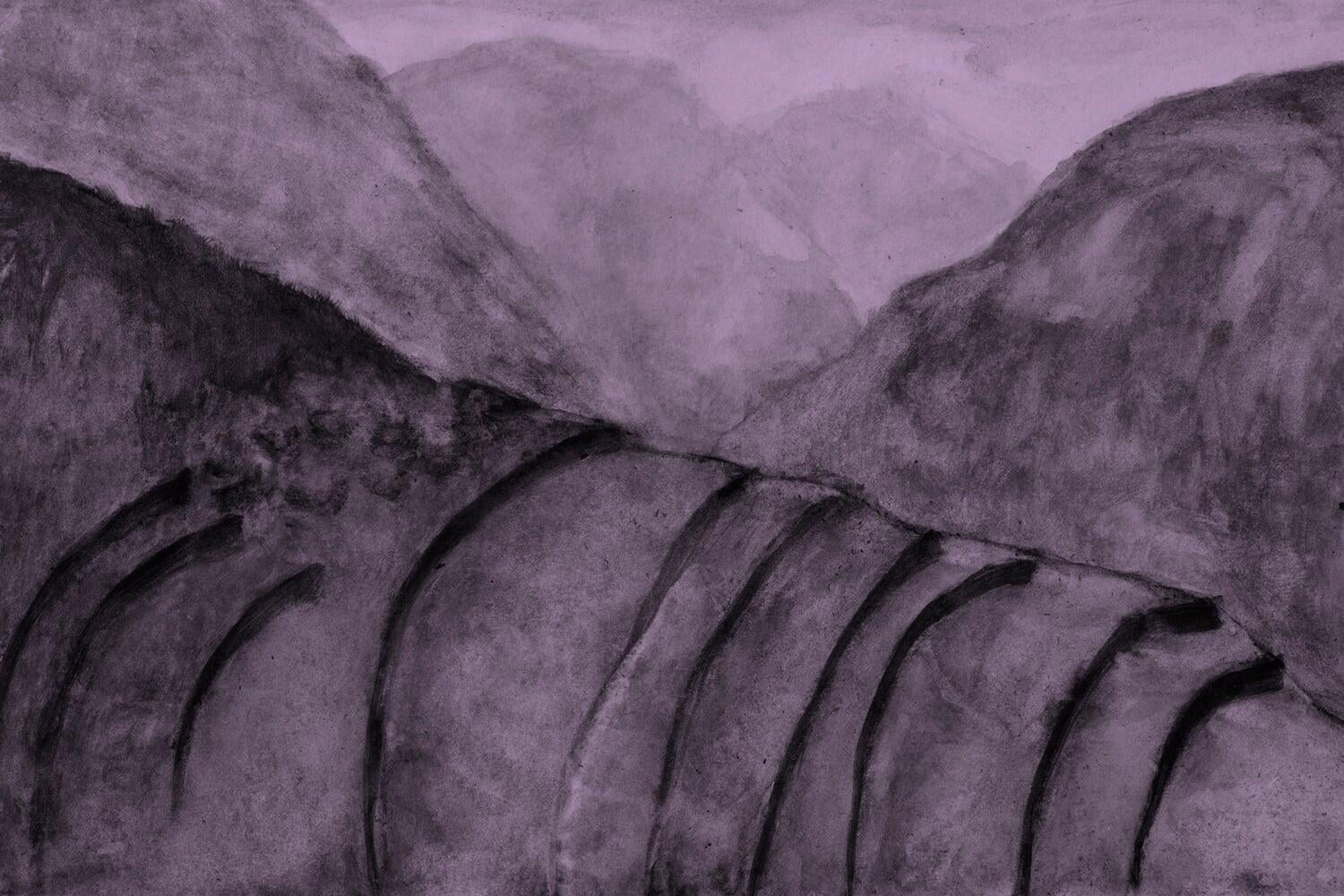The Pathway to Excellence | Lead | Leadership Development
Disposition Towards Leadership
We need to work through the best ways to boost our disposition towards leadership – how we make specific choices about what we will and will not do to maintain a positive approach towards taking responsibility for our learning in our leadership development programs.

Leadership is the capacity to direct, motivate, influence, and inspire people to bring about willingly a shared intention. It is actualised through deliberate, targeted, and intentional action that aligns vision with this intention and the actions that arise from it. Our leadership should begin with who we are as a person, flow into who we want to become, and be demonstrated through our actions in service of others. It is exercised in relationship with those around us and our environment. It is the articulation of a desire to achieve better outcomes for others through an inside-out process of development that models inquiry for all that aligns with The Pathway to Excellence:
- Self: Who are we?
- Relationship: Where do we fit in?
- Service: How do we best serve others?
- Commitment: Whose are we?
Leadership, therefore, starts with a disposition to serve, which of itself arises from the values we choose to help ground us in an understanding of who we are and what our purpose might become. They flow from us to our actions and then into a desire to make a difference for the better in the lives of others, a desire to help others and to want to put their needs before our own. As this becomes a habit, and we build experience in making decisions and following them through as acts of service, we build the habits of leadership. This is something we need to seek and find ways of enacting a purpose that goes well beyond our own needs informally and eventually formally.
“Often we want to be somewhere other than where we are, to even to be someone other than who we are. We tend to compare ourselves constantly with others and wonder why we are not as rich, as intelligent, as simple, as generous, or as saintly as they are. Such comparisons make us feel guilty, ashamed, or jealous. It is very important to realize that our vocation is hidden in where we are and who we are. We are unique human beings, each with a call to realize in life what nobody else can, and to realize it in the concrete context of the here and now. We will never find our vocations by trying to figure out whether we are better or worse than others. We are good enough to do what we are called to do. Be yourself!”
Henri JM Nouwen
Our leadership arises from and is expressed through our character. Character is about the mark and measure of people who seek through their lives to attain a sense of belonging through their civic character, reach their potential by enhancing their performance character, and develop a set of fundamental beliefs about what is good and right to do by forming their moral character. Everything that we do works to shape the acquisition of the strong character of a good person of integrity, and a future builder who navigates and interprets complexity through effective communication; the character of a continuous learner and ‘unlearner’ who is focused on growth and has mastery of change readiness, and the direction of a solution architect which is revealed by the use of creative and critical thinking competency; the perspective of a responsible citizen who balances competing local, regional and global obligations and interests, and the team creator who demonstrates relationality most tangibly through collaboration.
As leaders, we grow in this character and help others to do the same. We direct, motivate, influence and inspire. We strengthen through disciplined and purpose-driven practice and we inform. through creating and communicating vision. We orientate through understanding and managing change, and we focus through problem-solving and decision-making. We align through values-based leadership style and we enrich through team cultivation. These are the specific competencies of our leadership on The Pathway To Excellence and we should, to the best of our ability and given the context of our experiences and personal situation, want to grow stronger in the exercise of them throughout our lives.
We should also consider a multi-dimensional model for our leadership that is both purposeful and relational in nature as to what we do in different circumstances and reflect on how we can improve their performance holistically through this approach:
- Personal leadership: We start by considering how leaders build relationships with individuals. While many might wish to spend more time in this dimension, the reality is that the greater the responsibility that they take on, the more limited their capacity becomes to create meaningful and sustainable deep relationships with individuals as they might have when they practiced their craft earlier in their careers. It is more effective, therefore, for the majority of individual relationships to be built on leaders’ ability to inspire individuals through opportunities for providing aspiration, motivation and engagement.
- Tactical leadership: We need to create teams and build relationships within them that enable us to get the job done well. In many ways, we have more opportunity to interact with a greater number of teams, but in doing so we probably can only allow ourselves so much time to spend with them before we need to move on to another group. As such, our role is to enhance the journey of the team through the commitment of a combination of energy and emotion combined with the role-modelling we can provide to team members.
- Strategic leadership: We also need to apply ourselves to helping to solve the strategic challenges of our wider organisation. Again, we need to make wise choices as to how we invest our time by focusing on those things that will make the greatest difference in the long run for the organisation. As such, our aim needs to be to create a vision for the destination at the end of our journeys and to help the organisation to align, implement and evaluate what the organisation does to ensure the greatest positive impact on intention, design and culture.
- Global leadership: We also need to connect our organisation with its wider world. In this respect, we are building a relationship with the organisation’s different and intersecting communities, negotiating and advocating for the place of the school and the value proposition of what it offers. In doing we so, we assist the organisation to define its preferred position and to situate itself within its context by reinforcing its purpose, commitment and connections within the community.
Our mandate to lead and leadership activity within these four dimensions should be directed foremost by what is best for our communities, as opposed to being focused in an unseemly fashion on that which will promote our own interests and fuel our ambitions for power, prestige, or material gain. In seeking to exercise an agency which is based on sharing and optimising the contributions of all towards the preferred future, we must be careful to avoid:
- The tyranny of niceness: The tendency towards an easy likability that prevents the sharing of pure thought and unfiltered truth when it is needed
- The tyranny of self-deprecation: The false modesty that prevents the sharing of our gifts of effective leadership
- The tyranny of harmony: The avoidance of constructive conflict that prevents the sharing of boldness, risk-taking and innovation inherent in bringing about meaningful and positive change
All of us on The Pathway to Excellence should reflect on the opportunity to serve and cultivate a disposition for leadership, one that values the dignity, worth and contributions of others, that shows respect for people, culture and place, and that wants to deliver the results that the community want and expect. This is what will drive our learning and our eventual growth in the competencies of leadership.
We can contemplate our understanding of our Disposition Towards Leadership by considering the following questions:
- Do I believe that leadership is not something innate but rather a competency that can be learned over time?
- Am I strongly motivated to become a leader who has a wide array of relevant knowledge, skills, dispositions and learning habits?
- Am I passionate about becoming a servant leader who helps others to thrive and contribute their best effort to the work at hand?
- Do I find and value the time to reflect on and deepen my sense of purpose at the heart of my leadership?
- Do I take full advantage of the opportunities to reflect on and learn from the different leadership perspectives and styles I observe and witness around me?







